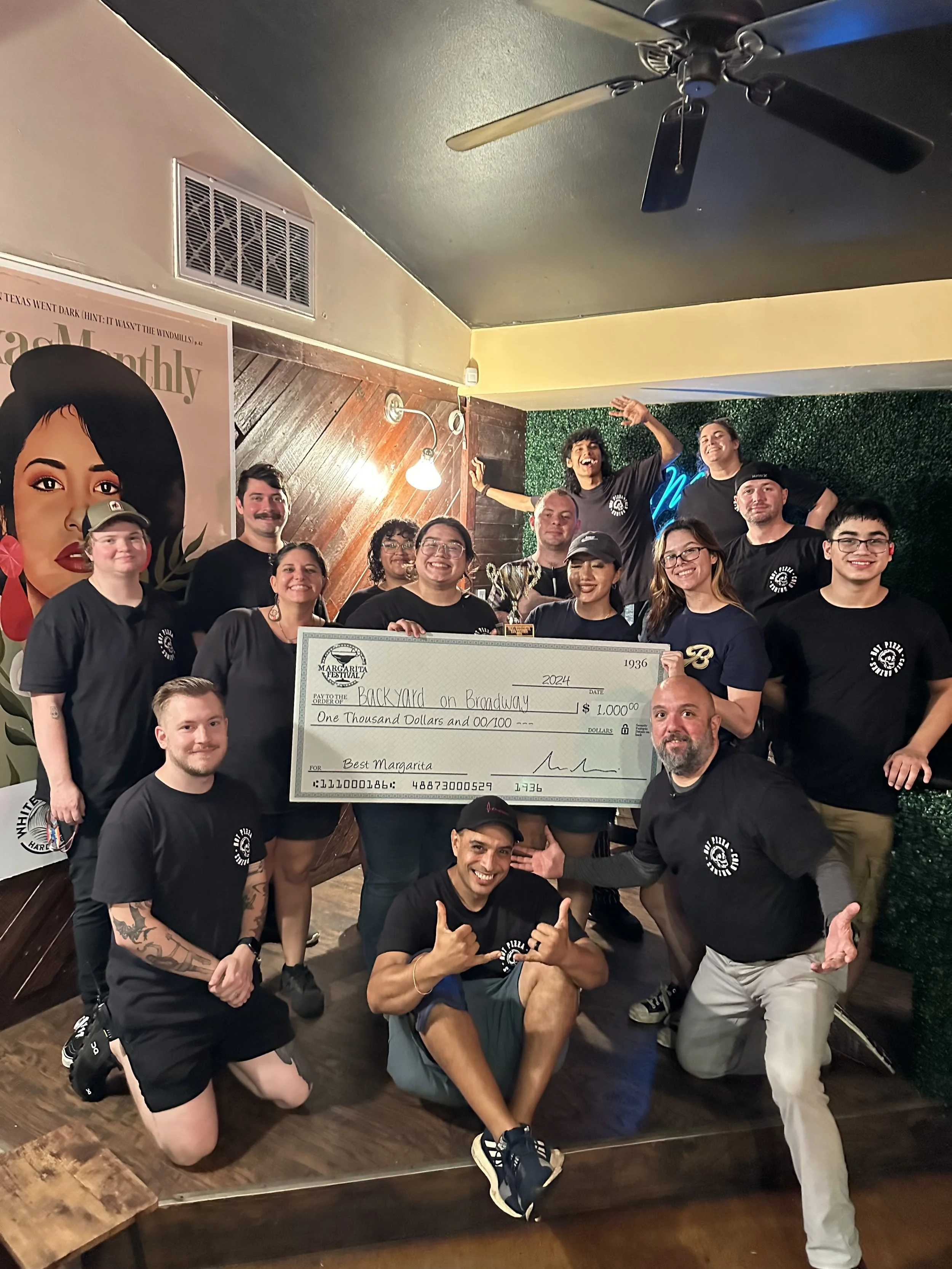SYSTEMS THAT SUSTAIN
How Standards Create Culture, Culture Creates Retention, and Retention Enables Excellence
THE CORE PHILOSOPHY
The hospitality industry treats problems in isolation.
Low retention? Offer signing bonuses.
Inconsistent quality? Micromanage harder.
Poor culture? Host a team-building event.
But these problems aren't separate. They're symptoms of missing upstream systems.
My approach: Build the foundation first. Standards create culture. Culture creates retention.
Retention enables operational excellence. Everything flows from systems thinking.
THE RETENTION FRAMEWORK: PROOF OF CONCEPT
The hospitality industry treats retention like a standalone problem. It's not.
Retention is the proof that upstream systems work.
When you establish clear standards, enforce them fairly, hold management accountable, and create feedback loops, people stay. Not because you bribed them, but because the environment is fair and trustworthy.
AT BACKYARD ON BROADWAY:
The Numbers:
- 52% retention over 1 year (vs 110-day industry average)
- 30% retention over 2 years
- $35,000 annual savings on turnover costs
But retention is just the indicator. The real outcomes are:
- Operational consistency
- Institutional knowledge
- Guest experience stability
- Ability to scale without chaos
This framework isn't about "fixing retention." It's about building culture through integrity—and retention follows naturally.
HOW IT WORKS: THE SYSTEM ARCHITECTURE
STEP 1: ESTABLISH STANDARDS BEFORE HIRING
- Document SOPs for every position
- Define clear expectations and performance metrics
- Create training materials that actually teach
Why this matters: You can't hold people accountable to standards that don't exist. Most restaurants hire first, then wonder why chaos follows.
STEP 2: ENFORCE FAIRLY AND CONSISTENTLY
- Apply standards to everyone (including management)
- Use documented protocols, not mood-based decisions
- Create transparency in how decisions are made
Why this matters: Inconsistent enforcement destroys trust faster than no standards at all.
STEP 3: BUILD ACCOUNTABILITY LOOPS
- Regular check-ins (not just performance reviews)
- Feedback flows both directions
- Management held to same standards as staff
Why this matters: Accountability can't be one-directional. When leadership models the behavior, culture follows.
STEP 4: INVEST IN RETENTION OUTCOMES
- Reinvest savings into wages and training (~40 hours annually per employee)
- Create advancement paths within the organization (6 internal promotions in past 2 years)
- Recognize institutional knowledge as valuable
- Provide comprehensive benefits through Texas Restaurant Association partnership (on-demand virtual doctors, mental health services, dietitians - $10/month for all staff)
- Offer flexible scheduling that respects work-life balance and employee preferences
- GM and ownership provide career counseling to all employees
Why this matters: People stay where they see a future and feel valued. Systems create the stability that makes this possible. Supporting employee wellbeing—physically, mentally, and financially—isn't a perk. It's foundational to sustainable operations. When you invest in helping employees become their best selves, they invest back in your business.
BEYOND RETENTION: WHAT SYSTEMS ENABLE
When you have experienced staff who trust the environment:
Operational Consistency
- Recipes executed properly every time
- Service standards maintained during rushes
- Quality doesn't fluctuate with whoever's working
Scalability
- Handle walk-in groups of 25+ without panic
- Train new hires faster (experienced staff mentor)
- Expand operations without losing quality
Guest Experience
- Regulars see familiar faces
- Staff know the menu and can make recommendations
- Hospitality feels genuine, not scripted
Financial Performance
- Lower recruiting and training costs
- Higher productivity from experienced teams
- Reduced waste and better inventory management
THE REPLICATION CHALLENGE
Here's the uncomfortable truth: Most restaurants can't replicate this.
Not because the framework is complicated. Because it requires leadership accountability.
You can't build systems without documenting them.
You can't enforce standards you don't follow.
You can't create culture if you blame everyone else.
This approach works for operators who:
- Are willing to examine their own operations honestly
- Can handle accountability that applies to leadership too
- Understand that culture and profitability reinforce each other
- Want to invest in foundation, not quick fixes
If you're looking for validation that your problems are everyone else's fault, this isn't your
framework.
If you're ready to build something sustainable, let's talk.





